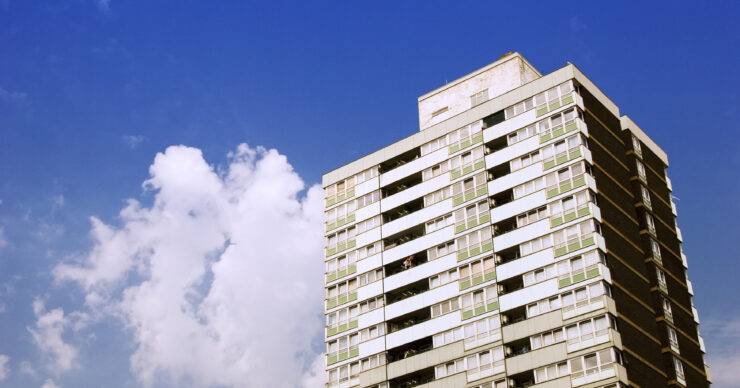
24
Sep 2025
Developers Beware – Awaab’s Law
The Hazards in Social Housing (Prescribed Requirements) (England) Regulations 2025, also known as ‘Awaab’s Law’ is set to come into force in England and Wales on 27 October 2025. At the time of writing, Awaab’s Law is awaiting parliamentary approval. The regulations will impose extensive legal obligations upon landlords to rectify significant hazards within specific statutory timeframes. So, what does this mean for developers?
What is Awaab’s Law?
Awaab’s Law is named in memory of two-year-old Awaab Ishak who tragically passed in 2020 due to a severe respiratory condition as a result of prolonged exposure to damp and mould in his home, despite his parents repeated complaints to their landlord. Hazardous conditions have a severe impact on people’s health, safety and wellbeing. Awaab’s Law will serve as a legal regulation to ensure landlords remedy disrepair or any hazard that may cause harm to their tenants.
Upon implementation, Awaab’s Law will only apply to social landlords but there are plans to extend Awaab’s Law to apply to the private rented sector eventually.
The impact on developers
Developers must consider the impact that these new regulations will have upon their defects liability procedures.
Whilst development agreements and JCT contracts for new affordable homes typically require the developer to remain liable for a period of 12 to 24 months to remedy defects arising post-completion, the regulations under Awaab’s Law leave a rift that social housing providers need to confront.
Landlords may seek to alter contractual agreements in order to accommodate the upcoming regulations, particularly regarding the timescale for developers to respond to and rectify defects. Developers and contractors will need to ensure they have the right trades available for the right job at the right time – especially for emergency hazards that require investigation and rectification within 24 hours.
Landlords may seek to undertake repairs themselves and simply recover the costs of doing so from the developer.
Awaab’s Law defines ‘emergency’ and ‘significant’ hazards and will mean landlords will be legally bound to:
- Conduct immediate risk assessments to determine if an ‘emergency’ or ‘significant’ hazard may exist.
- Make safe ‘emergency’ hazards within 24 hours
- Make safe ‘significant’ hazards within 5 working days of investigation concluding
- Provide suitable alternative accommodation until a property with a ‘significant’ or ‘emergency’ hazard is made safe
- Implement long-term fixes within fixed timescales
In order to provide a service that enables landlords to comply with Awaab’s Law, developers and contractors may be contractually required by landlords to adopt rapid response protocols and be able to act at a moment’s notice, regardless of availability or face legal penalties for failure to do so. Further, with the Housing Ombudsman reporting a 474% increase in complaints over substandard housing conditions needing repair, landlords and developers and contractors will have to be constantly alert and responsive with the new regulations.
Addressing the liability gap
Awaab’s Law strengthens protections for tenants and is aimed at ensuring higher quality and safer living conditions but these improvements will only be seen if landlords, developers and contractors are in a position to comply with the new legislation. To be in a position to comply landlords and developers must address the liability gap between landlord and developer that Awaab’s Law inevitably gives rise to.
Delays in rectifying defects or confusion over where the responsibility lies will lead to disputes, breaches of contract and ultimately, failures to complying with regulations.
It is imperative for developers and contractors to address this liability gap to mitigate risk, avoid potential issues, reputational damage and unforeseen costs.
If you have any questions about how Awaab’s Law will affect your organisation, if you need help to prepare for Awaab’s Law, or if you have questions about any issues you are currently dealing with, do not hesitate to contact our Construction Litigation or Social Housing Disrepair teams using the details provided below.
Construction
Andrew Dickinson: AndrewDickinson@chadlaw.co.uk, 0113 225 8830
Zoe Allen: ZoeAllen@chadlaw.co.uk, 0113 225 8837
Trent van Sittert: TrentVan-Sittert@chadlaw.co.uk, 0113 387 8523
Social Housing Management
If your organisation would like advice or free training on preparing for your housing management teams for Awaab’s Law, please contact our specialist Social Housing Management Team by email at justine.hunkins@chadlaw.co.uk.
You can also browse our free housing management training courses here:- https://www.chadwicklawrence.co.uk/seminars/free-training-sessions-2/
- Like this ? Share with friends





